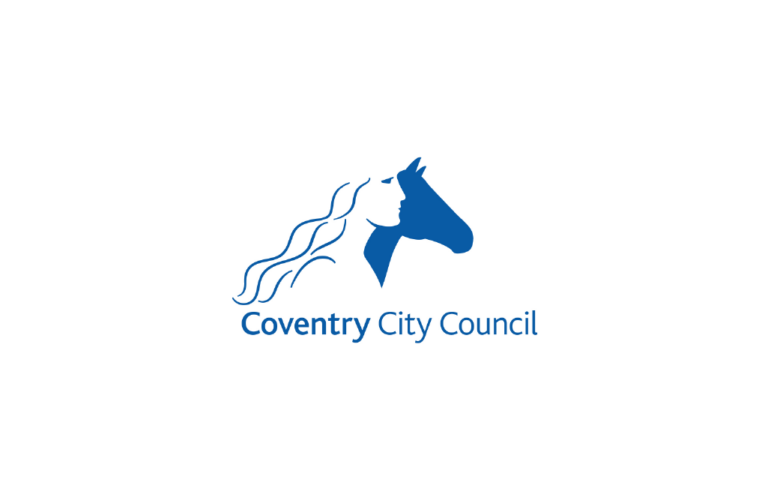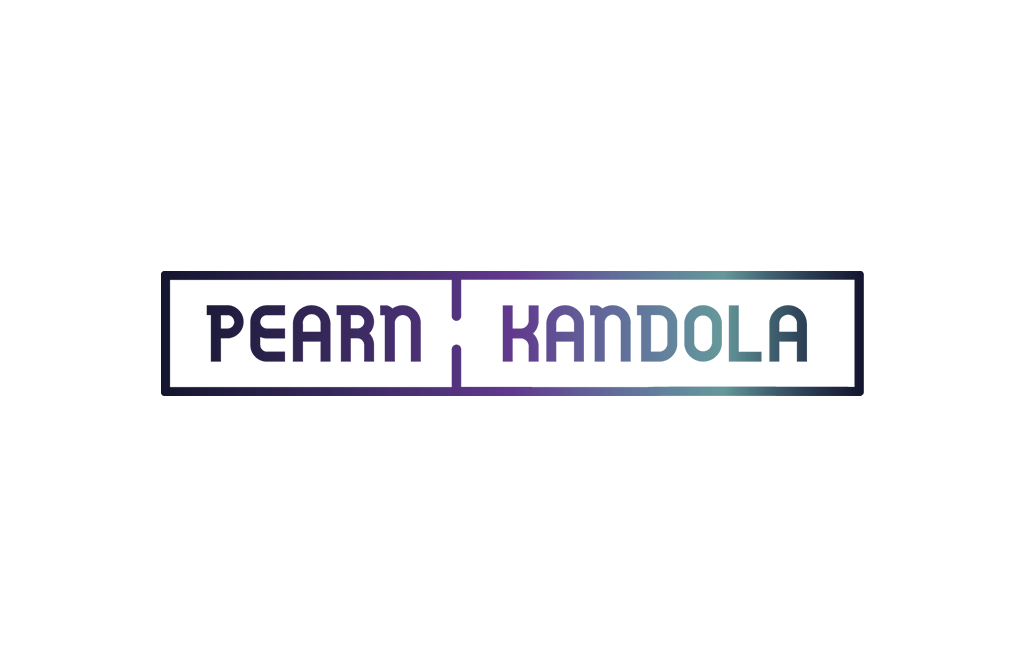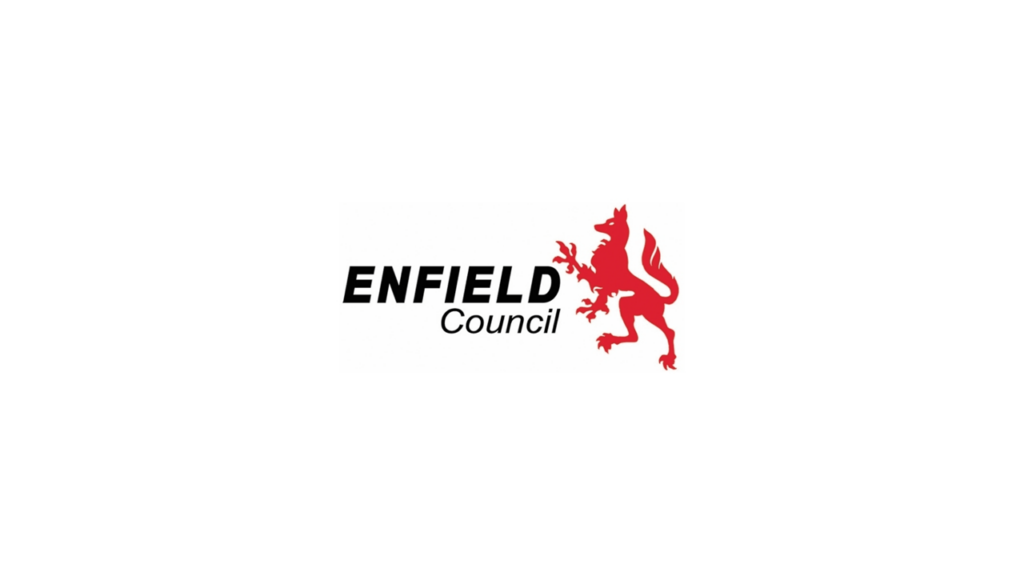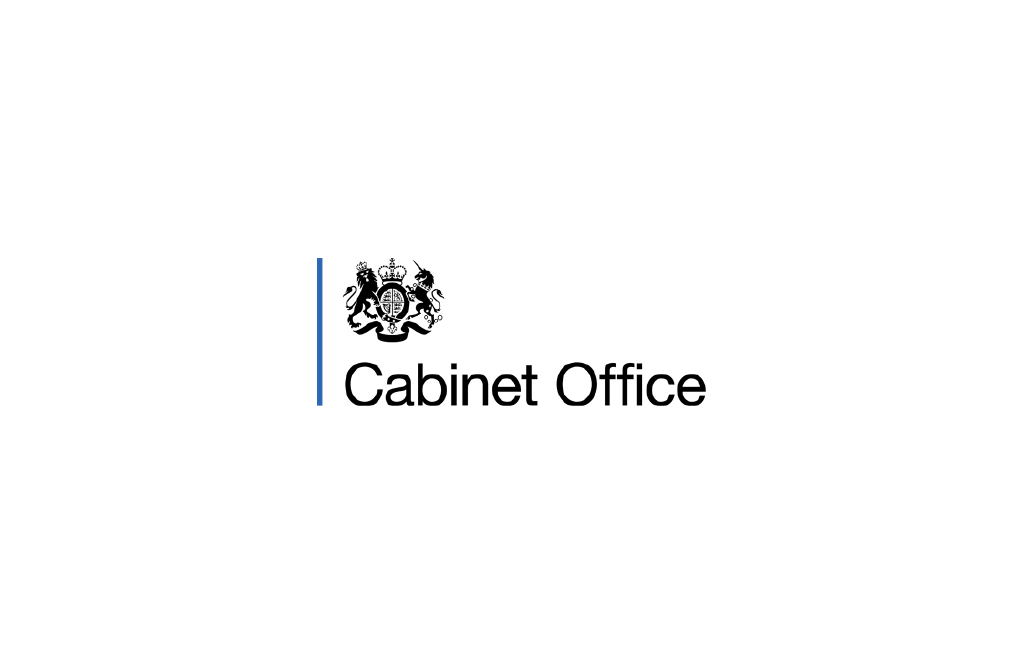Earlier this year, Pearn Kandola worked with Coventry City Council to support them in rolling out their strategy for increasing agile working. There were a number of important drivers for creating a more agile and flexible working environment, not least of which was the desire to improve efficiencies and capitalise on a move to new premises.
Coventry City Council defines remote working as “working when and where we are most effective, while being flexible to meet the needs of the customer, the business and each individual”. The agile working strategy had been well communicated to senior leaders and managers across the Council and, like many organisations moving to agile ways of working, the business has met with a mixture of reactions.
Pearn Kandola worked with the Council to run a series of workshop seminars that would enable leaders and managers across the council to consider the latest research and look at best practices in leading agile and dispersed teams. During these workshops, a number of managers shared practical concerns about measuring time and communicating regularly with their teams, but there were also a number of more subtle and troubling concerns, such as how managers would performance manage their teams if they have less regular ‘visible’ contact.
In order to surface all concerns and encourage more open discussions and problem solving across the council, we designed a short attitudinal exercise that touched on a wide range of perspectives and potential concerns. We then worked with almost one hundred representative managers from across the Council to explore a range of potential ‘enablers’ and ‘blockers’ of effective agile working.
The majority of participants were positive about working in a more agile way, but recognised that there is no such thing as a ‘one-size fits all’ solution to policies or training, particularly not within an organisation that is so diverse and customer-facing as the Council. They recognised that building trust and maintaining regular open communication are absolutely essential for managing teams remotely, although there were plenty of discussions about how best to build and sustain trust in agile teams.
Other topics that emerged included the relevance and importance of tracking ‘hours worked’ rather than overall productivity, and the importance of considering the well-being of staff, particularly those in the most demanding ‘front-line’ services.
The outcome of the workshops generated a six page report for the Council directors, enabling them to adapt and build on their strategy for introducing agile working. The next phase, already in progress, will see several thousand staff adapting and embarking on new ways of working as the Council consolidates its office accommodation and moves to anchor the new business district Friargate adjacent to Coventry railway station as part of its ambitious regeneration plans.







